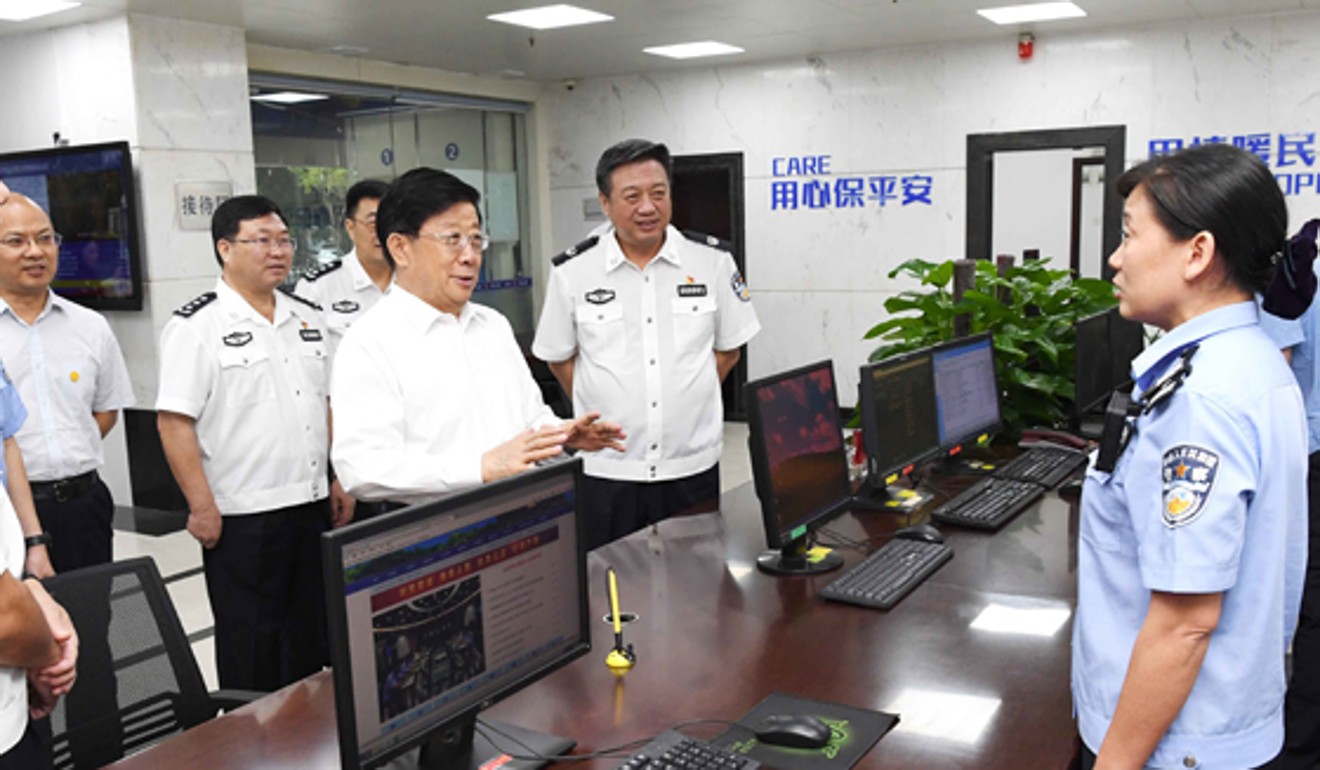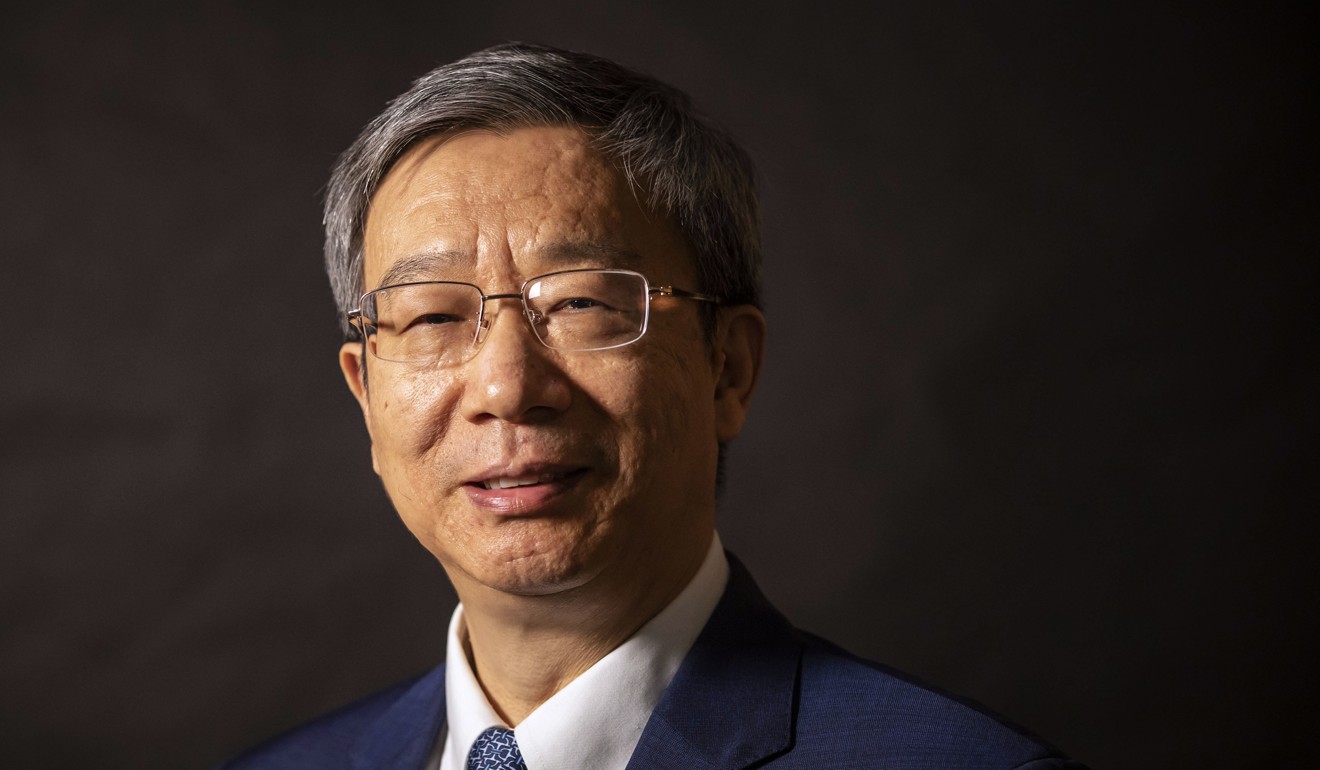Senior Chinese leaders lay down law in southern China amid ongoing protests across Hong Kong border
- Vice-President Wang Qishan emphasises the Communist Party’s connection to Chinese history during a weekend visit to Guangdong
- Officials also stress the importance of fighting ‘foreign subversion’ amid ongoing clashes between Hong Kong police and protesters

Senior Chinese officials have paid a series of visits to the southern province of Guangdong in recent weeks amid the ongoing unrest across the border in Hong Kong.
The most recent was a three-day trip by Vice-President Wang Qishan, a close ally of President Xi Jinping, who watched Italy play the Philippines in the Basketball World Cup alongside visiting Philippine leader Rodrigo Duterte.
During the trip, Wang also visited a number of education and cultural institutes where he stressed the importance of China’s history and heritage – emphasising the Communist Party’s connection to that history.
Senior Chinese officials, including Xi, have often quoted Lenin’s comment that “forgetting history means betrayal” as a way of highlighting the importance of patriotism following China’s experiences of foreign invasion in the 19th and 20th centuries.
It is not known whether Wang discussed the situation in Hong Kong during his visit, but his comments did allude to the upcoming 70th anniversary of the foundation of the People’s Republic.
State media reported that he said: “The glorious achievements of the past 70 years of the new China … are deeply rooted in the soil of [China’s] 5,000 years of history.”
The vice-president, who last visited Guangdong in December, has a reputation for giving lengthy lectures about Communist Party history to foreign political and business leaders.

Other officials to visit Guangdong in recent weeks include Public Security Minister Zhao Kezhi and Governor of People’s Bank of China Yi Gang.
During his visit, Zhao reportedly told law enforcement officers in Guangdong that they must step up their vigilance against “foreign subversion and infiltration”, an indirect reference to the protests in Hong Kong that Beijing has now labelled as “colour revolutions” – a label that derives from a string of uprisings in the former Soviet Union around a decade and a half ago.
Meanwhile, Yi met Shenzhen Communist Party Secretary Wang Weizhong last Thursday and urged the border city to do its best in “implementing the major decisions of the Party Central Committee” and to “continue to deepen financial reform and opening up”.
Specifically, Yi said Shenzhen should be a trailblazer in pushing for the internationalisation of renminbi, research into digital currency and the further development of green finance.
Last year mainland officials had argued that Hong Kong should take the lead in the internationalisation of Chinese currency and use its well-established financial markets to promote green bonds.
Chen Daoyin, an independent political scientist, said the visits may suggest a toughening of the rhetoric on Hong Kong, although Wang’s tour was largely symbolic.
“Wang has a reputation for being a hardliner on the 1989 pro-democracy protests [which ended with the Tiananmen crackdown] and Zhao is in charge of the deployment of the police,” said Chen. “Their visits could reinforce Beijing’s hardline rhetoric.”

He said he expected that the visits were more about collecting intelligence from the frontline and did not represent a change in Beijing’s position on Hong Kong, which is that the city’s authorities must quell the protests themselves.
“It could help them to better prepare for containing the protests to south of the border when the mainland celebrates National Day,” Chen said.
In early August, more than 12,000 police took part in riot training in Shenzhen – footage of which was widely disseminated across the media – although the authorities insisted it was an exercise intended to ensure security during the National Day celebrations on October 1.